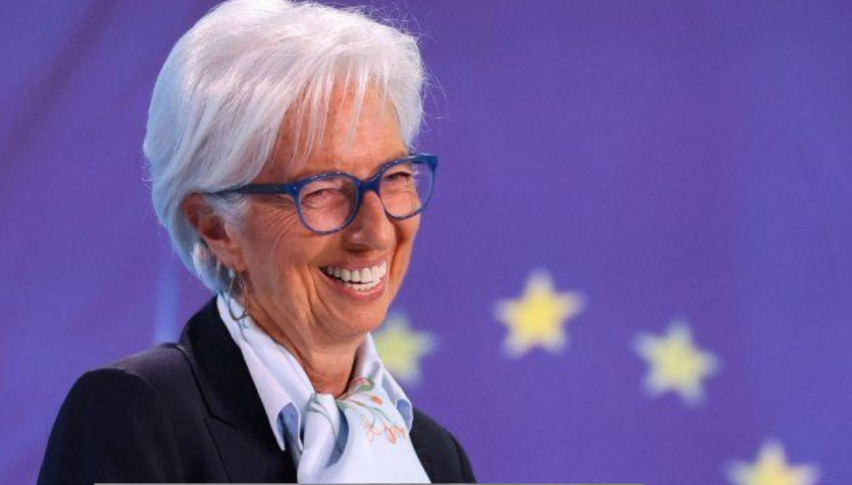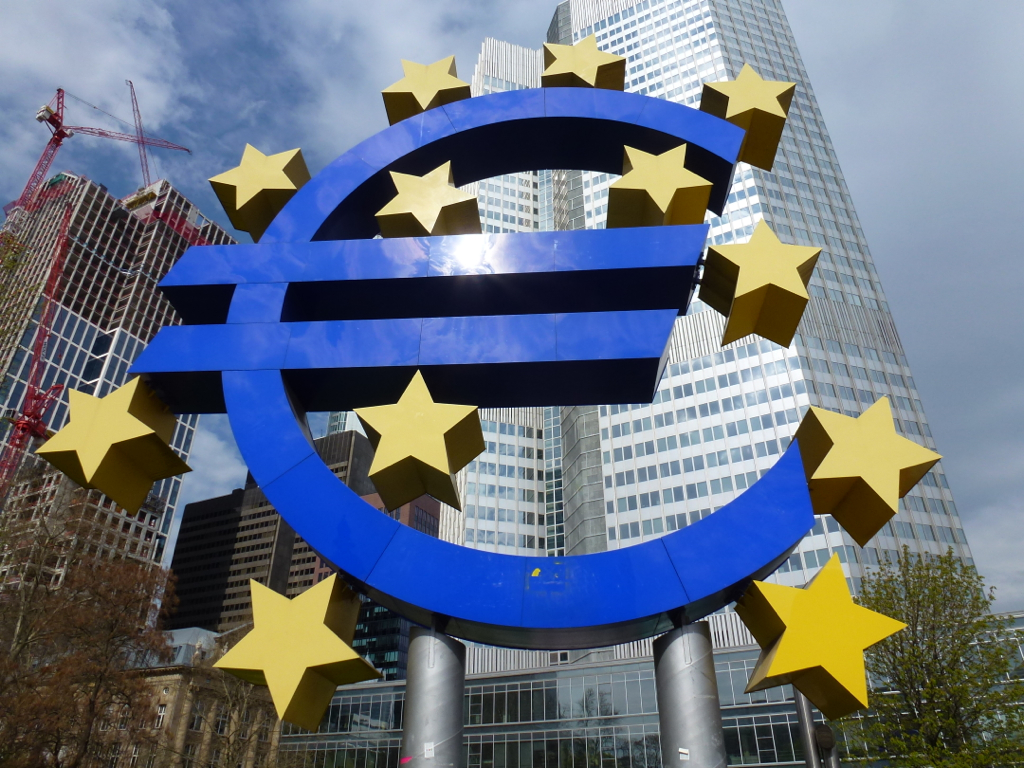Euro Bets Rise as Markets Debate Whether the Dollar Has Bottomed
Despite the uptick in inflation, the ECB signaled it would likely pause rate cuts at its upcoming meeting later this month.

Quick overview
- Retail inflation in the EU reached 2% in June, prompting the ECB to pause interest rate cuts amid trade tensions with the U.S.
- The euro has appreciated nearly 12% this year, influenced by global uncertainty from President Trump's tariff policies.
- Core inflation remained steady at 2.3%, while the ECB indicated that geopolitical factors are complicating monetary policy decisions.
- Financial markets view Trump's tariff threats as a negotiating tactic, with several banks forecasting continued strength for the euro.
Retail inflation in the European Union (EU) reached 2% in June, yet the European Central Bank (ECB) indicated it is unlikely to cut interest rates again until trade tensions with the United States are resolved. In this context, the euro has appreciated nearly 12% so far this year, fueled by global uncertainty stemming from President Donald Trump’s tariff policies.

The headline consumer price index matched the midpoint of the ECB’s inflation target, accelerating slightly from May’s 1.9% and in line with analysts’ expectations. Core inflation — which excludes volatile components like food and energy — held steady at 2.3%, unchanged from the previous month.
EU’s Standoff with Trump
Despite the uptick in inflation, the ECB signaled it would likely pause rate cuts at its upcoming meeting later this month, citing the uncertain outlook created by renewed trade tensions with the U.S. Over the weekend, Trump threatened to impose a 30% tariff on EU imports.
“A firm hand is needed to deal with the uncertainty unleashed by the latest tariff threat from the U.S. president,” said one ECB official earlier this week. The impact of geopolitical swings and trade tensions with the U.S. on prices remains “highly unpredictable,” he added.
Although the current trade climate is complicating monetary policy decisions, it is unlikely to derail the ECB’s plan to hold rates steady next week, according to five central bank policymakers who spoke with Reuters.
Market Projection – Euro Bets
While Trump appears open to deals that could reduce tariffs, his latest comments make clear he’s not interested in drawn-out negotiations. This reintroduces uncertainty at a time when countries like the EU are trying to secure agreements to avoid another escalation.
Compounding the uncertainty are Trump’s renewed efforts to remove Federal Reserve Chair Jerome Powell, primarily due to Powell’s reluctance to cut interest rates despite inflationary pressures tied to tariffs. On Thursday, the president said it was “unlikely” he would fire Powell — a sharp contrast to reports earlier in the week suggesting otherwise.
Euro Strengthens
Financial markets seem to be interpreting Trump’s tariff threat as a negotiating tactic. Strategists at Morgan Stanley told Bloomberg that a move beyond $1.30 for the euro “should not be underestimated.”
The investment bank joins Deutsche Bank, BNP Paribas SA, and Barclays in forecasting further euro strength. Year to date, the euro has gained 11.8% against the U.S. dollar.
- Check out our free forex signals
- Follow the top economic events on FX Leaders economic calendar
- Trade better, discover more Forex Trading Strategies
- Open a FREE Trading Account
- Read our latest reviews on: Avatrade, Exness, HFM and XM